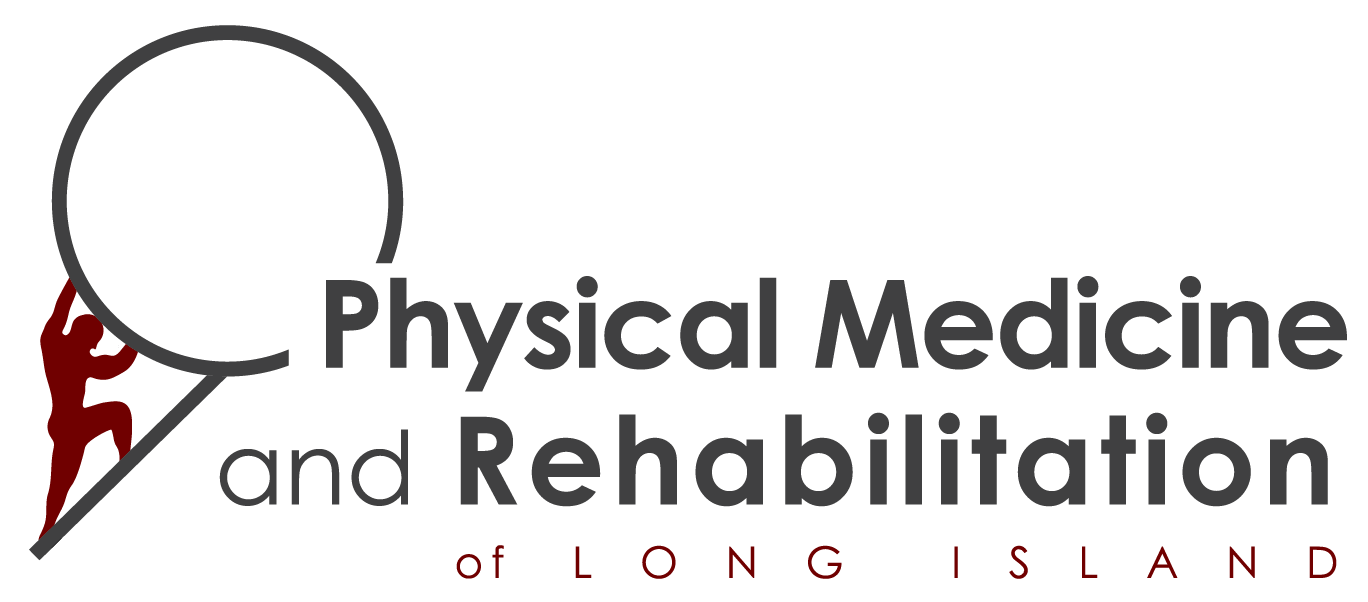Nerve Conduction Studies
- Home
- Nerve Conduction Studies
What is a Nerve Conduction Study?
A nerve conduction study (NCS) is a medical diagnostic test commonly used to evaluate the function, especially the ability of electrical conduction, of the motor and sensory nerves of the human body. These tests are performed by medical specialists such as specialists in clinical neurophysiology, physiatrists (physical medicine and rehabilitation [PMR] physicians). Nerve conduction studies along with needle electromyography measure nerve and muscle function and may be indicated when there is a pain in the limbs, weakness from spinal nerve compression, or concern about some other neurologic injury or disorder.
Do your muscles feel sore and weak? Nerve Conduction Study (NCS) could help give you answers. The results could help figure out if you have a muscular problem or a nerve problem and whether the nerve has been damaged. Nerve signals are electrical impulses that move rapidly throughout the body. At times, a problem occurring with electrical activity within the nerves could cause muscle pain, tingling, and weakness. Nerve Conduction Study Measures the electrical activity in the nerves and how fast and strong signals are transmitting. A Nerve Conduction Study is done together with an Electromyography test which measures how effectively muscles respond to nerve signals from the brain. There are many benefits of having both tests done. Results of these tests could help diagnose neuromuscular diseases and other nerve injuries.
What happens during the test?
During a Nerve Conduction Study, a technician places electrode patches in the area of the nerve causing the problem. A stimulating electrode sends gentle electrical impulses to the nerve while the other electrodes record the nerves response. If the signal moves at a slower speed than of a healthy nerve, that indicates that the nerve is most likely damaged. At this point, other tests are needed to conclude if the nerve can be treated back to health. For further testing and assistance, we recommend that you contact our pain management doctor on Long Island.
